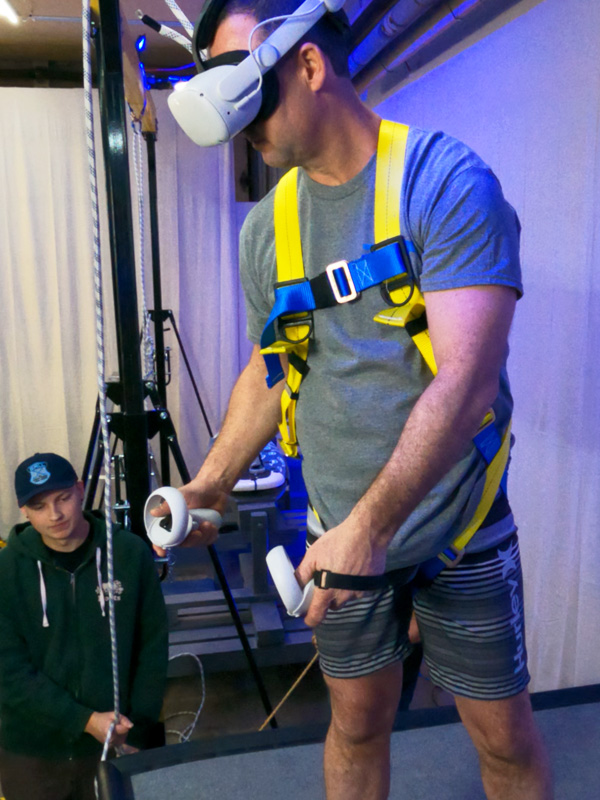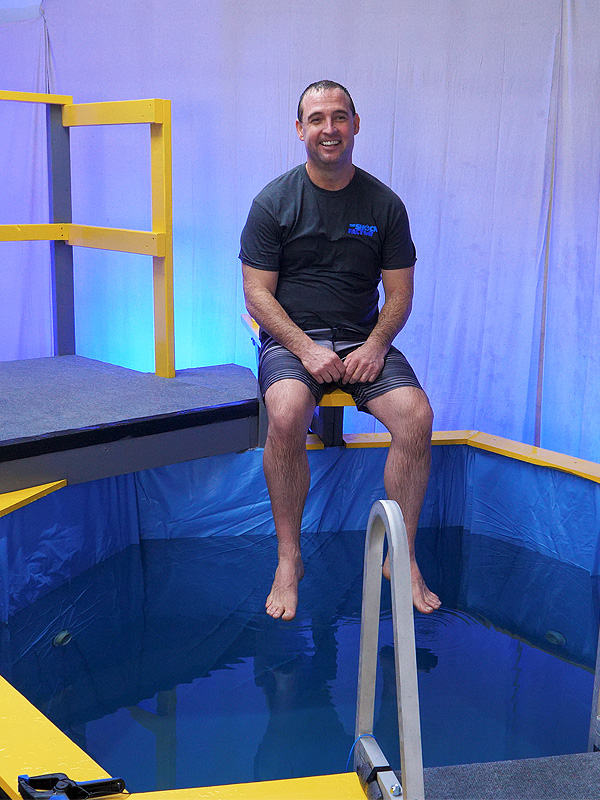In his role with the marine unit, Aaron responds to many accidental immersion call outs, and he would say the number one thing is the shock factor, “As it’s going to be a shock when you fall in.” He states, “There could be a number of different things that happen when you go over. You could ingest water. You could panic, and when you’re panicking, you’re usually breathing faster, which eliminates your lung capacity, which eliminates or decreases your buoyancy.”
In addition, “These are people that have not spent their life growing up around water. They’re going out into areas that they’re unfamiliar with. They have no local knowledge. They are going out trying to enjoy the water, and they just don’t know the potential danger that they’re in.”
Another big issue he states is, “Unless you’re on some type of vessel with a swim platform, it’s very difficult for people to pull themselves back into the boat. If they’re in a 12-foot tin boat, they’re likely not going out in the big water. But the problem is, the tin boat is probably the hardest thing to get back into. You know, as you’re reaching up, trying to pull yourself over that free board, it’s difficult.”




